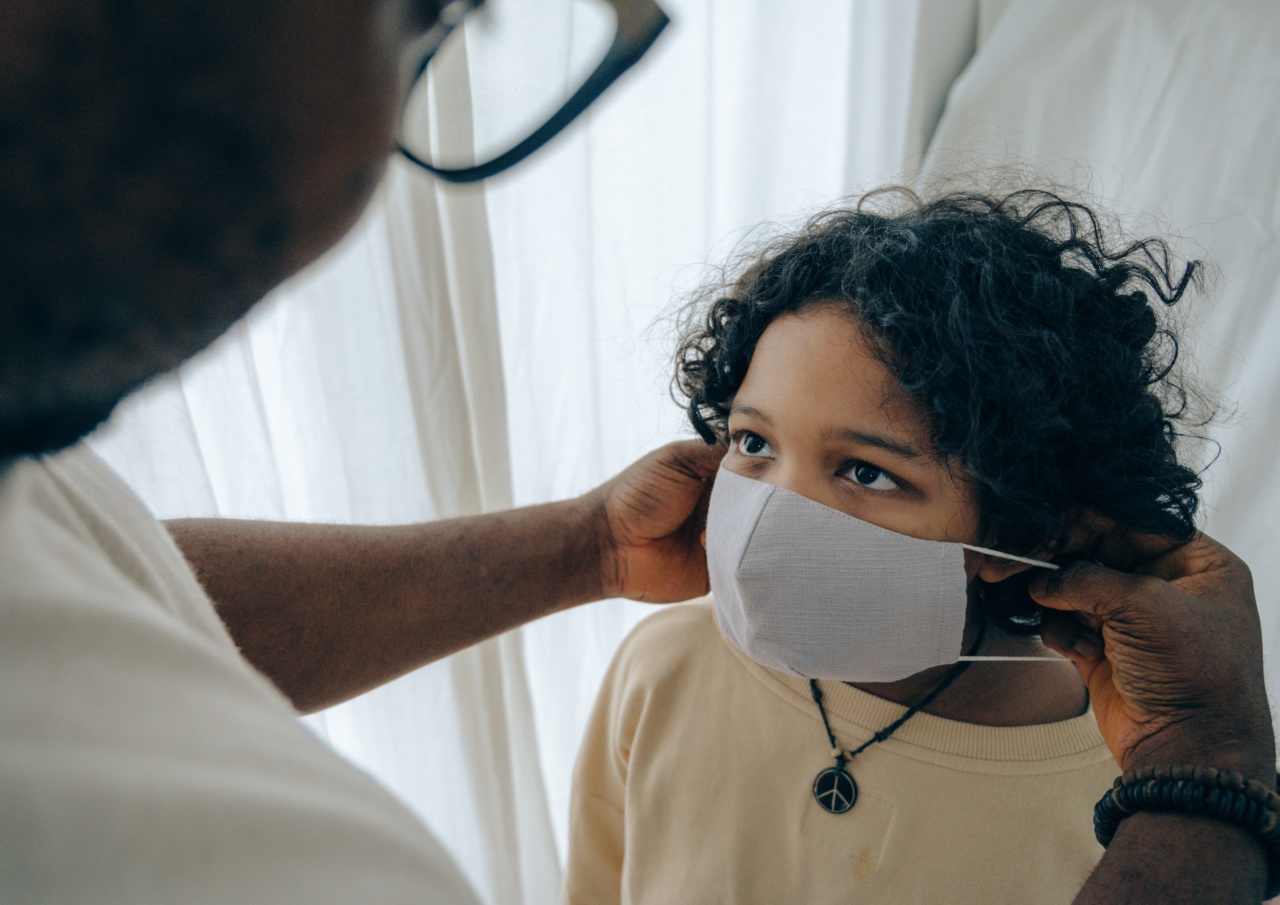Colon cancer, also known as colorectal cancer, is one of the most common types of cancer worldwide. It affects the large intestine and develops from polyps or abnormal growths in the colon lining.
While certain risk factors like age and family history cannot be controlled, there are several lifestyle choices that can significantly reduce the risk of developing colon cancer. By incorporating these habits into your daily routine, you can maintain a healthy colon and enhance your overall well-being.
1. Eat a Balanced Diet
Avoiding processed foods and consuming a diet rich in fruits, vegetables, whole grains, and lean proteins can help reduce the risk of colon cancer.
Include high-fiber foods like beans, lentils, and leafy greens, as they promote healthy digestion and prevent constipation.
2. Limit Red and Processed Meat Consumption
Studies have linked high red and processed meat consumption to an increased risk of colon cancer. Limit your intake of beef, pork, lamb, and processed meat products like hot dogs and sausages.
Instead, opt for lean sources of protein such as poultry, fish, and plant-based alternatives.
3. Get Regular Exercise
Maintaining an active lifestyle is crucial in preventing colon cancer. Aim for at least 150 minutes of moderate-intensity exercise or 75 minutes of vigorous activity each week.
Engaging in activities like brisk walking, cycling, swimming, or dancing can help reduce the risk and promote a healthy colon.
4. Maintain a Healthy Weight
Being overweight or obese increases the risk of developing colon cancer. Focus on maintaining a healthy weight through a combination of regular physical activity and a well-balanced diet.
Consult a healthcare professional for guidance on healthy weight management strategies.
5. Limit Alcohol Consumption
Alcohol consumption, particularly excessive or heavy drinking, has been linked to an increased risk of colon cancer. If you choose to drink alcohol, do so in moderation.
For men, this means a maximum of two drinks per day, while for women, it is recommended to consume no more than one drink per day.
6. Quit Smoking
Smoking is a significant risk factor for various cancers, including colon cancer. Quitting smoking not only reduces the risk of colon cancer but also provides numerous other health benefits.
Seek professional help or join smoking cessation programs to quit smoking for good.
7. Stay Hydrated
Drinking an adequate amount of water throughout the day is essential for maintaining a healthy digestive system. It helps in smooth bowel movements and prevents constipation, reducing the risk of colon cancer.
Aim to drink at least 8 cups (2 liters) of water daily.
8. Prioritize Regular Screening
Regular screening for colon cancer can detect precancerous polyps or early-stage cancer, allowing for timely treatment. Colonoscopy, sigmoidoscopy, and stool tests are common screening methods.
Consult your healthcare provider to determine the most suitable screening schedule based on your age and risk factors.
9. Practice Good Hygiene
Practicing good hygiene habits can help reduce the risk of colon cancer. Wash your hands properly after using the bathroom and before meals to minimize the transfer of harmful bacteria and viruses.
Additionally, ensure the consumption of clean and properly cooked food to prevent infections.
10. Manage Stress Levels
Prolonged periods of stress can weaken the immune system and contribute to the development of various diseases, including colon cancer.
Incorporate stress management techniques like meditation, yoga, or engaging in hobbies to lower stress levels and promote overall well-being.



























